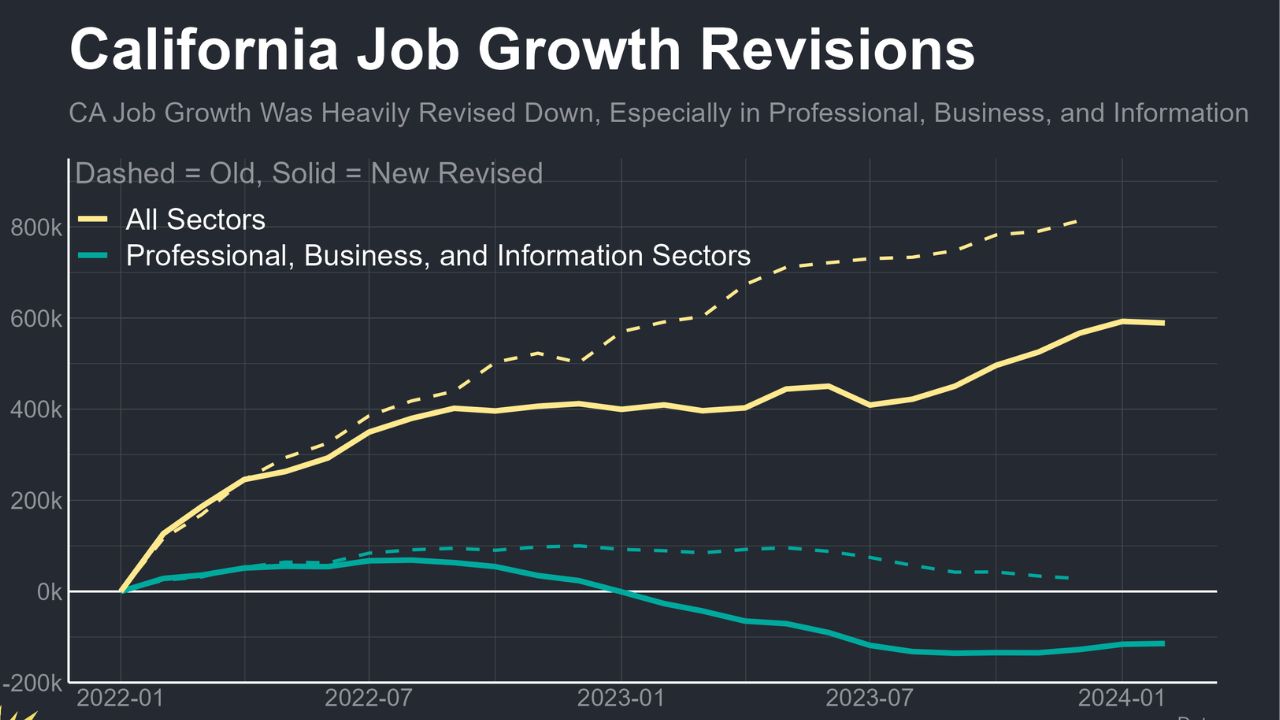Freelancing in Los Angeles sounds glamorous—sunlight streaming through your home office window, flexible hours, maybe a latte from that Silver Lake café doubling as your workspace. But the freedom comes with fine print: taxes, contracts, and city paperwork. Miss one filing or forget to register properly, and that flexible lifestyle can turn into a bureaucratic nightmare real quick.
The good news? LA’s filled with freelancers—from designers to drone videographers—so the city (and state) has a clear roadmap for doing it right. Here’s your 2025 guide to freelancing legally and tax-smart in Los Angeles—what to file, how to protect yourself, and the best ways to keep Uncle Sam and City Hall off your back.
Step 1: Know Your Status—You’re a Business, Not an Employee
If you’re working project-to-project, invoicing clients, and setting your own rates, congratulations—you’re legally considered a self-employed business owner under both California and IRS rules.
That means:
- You’re responsible for self-employment taxes (Social Security + Medicare, currently 15.3%)
- You must report all income, even if no 1099-NEC form was issued
- You can deduct business expenses like software, equipment, and mileage
Freelancers in LA typically operate as one of three structures:
| Type | What It Means | Pros | Cons |
|---|---|---|---|
| Sole Proprietor | Default setup—no formal registration | Simple, cheap | No liability protection |
| LLC | Legal entity through CA Secretary of State | Protects personal assets | $800/year franchise tax |
| S Corp (Election) | LLC or corp electing pass-through taxation | Potential tax savings | More paperwork & payroll setup |
You can file your LLC or Corporation online at the California Secretary of State’s biz portal in about 30 minutes.
Step 2: Register Locally—Don’t Forget the City of LA
Every freelancer operating in Los Angeles must register with the City of Los Angeles Office of Finance for a Business Tax Registration Certificate (BTRC)—yes, even if you’re just freelancing from your couch.
Here’s the breakdown:
- Fee: Free (unless you hit certain revenue thresholds)
- Deadline: Within 45 days of starting your business
- Annual renewal: Every January
You may qualify for LA’s Small Business Tax Exemption if you earn less than $100,000/year in gross receipts—saving you several hundred bucks in city business taxes.
Step 3: Track Everything Like a Pro
When tax season hits, your success depends on your paper trail. LA freelancers who stay organized save hundreds (sometimes thousands) in deductions.
Top write-offs for LA freelancers:
- Home office space (must be “regular and exclusive”)
- Equipment (laptop, camera, software subscriptions)
- Internet and phone
- Car mileage for client visits
- Health insurance premiums
- Professional education (classes, certifications, conferences)
- Coffee meetings and local travel (within reason)
Use accounting apps like QuickBooks Self-Employed, Wave, or FreshBooks to automate expense tracking. You can even sync them with your City of LA tax filings.
Step 4: Quarterly Estimated Taxes—The IRS Won’t Wait
Unlike W-2 employees, no one’s withholding taxes for you. That means freelancers must pay estimated taxes four times a year to the IRS and California Franchise Tax Board (FTB).
2025 quarterly deadlines:
- April 15
- June 17
- September 15
- January 15, 2026
Fail to pay on time, and you’ll face penalties. The IRS has a guide to calculating payments via Form 1040-ES (irs.gov).
Tip: Set aside 25–30% of each payment you receive in a separate savings account labeled “Taxes.” Treat it as money that’s already gone.
Step 5: Understand AB5 and Contractor Classification
California’s AB5 law (passed in 2020) reshaped who qualifies as an independent contractor. It uses the ABC test to determine if you’re truly self-employed:
A. You control how and when you work.
B. The work isn’t core to the hiring company’s business.
C. You operate as an independent trade or business.
If you fail these criteria, companies may have to classify you as an employee. Freelancers in creative, tech, and consulting fields often pass—but be mindful of contracts that try to sidestep the rules.
More details: California Department of Industrial Relations AB5 page.
Step 6: Protect Yourself—Contracts, Copyrights, and Coverage
Contracts
Never start work without one. A solid freelance contract should include:
- Scope of work (deliverables, deadlines)
- Payment terms (due dates, deposits, late fees)
- Ownership rights (who keeps the creative work)
- Termination clause
You can use templates from Freelancers Union or draft one via legal services like Rocket Lawyer or LegalZoom.
Copyright & IP
Under U.S. law, you own your work unless you sign it away. Be explicit in contracts about who retains rights. If you produce creative assets—photography, video, design—consider registering major works with the U.S. Copyright Office.
Insurance
For extra protection, look into:
- General liability insurance (for onsite projects)
- Professional liability insurance (for errors/omissions)
- Health insurance via Covered California
Step 7: Save for Retirement—Yes, Even as a Freelancer
Without an employer 401(k), it’s on you to build your future cushion. Fortunately, freelancers have solid tax-advantaged options:
| Plan | Contribution Limit (2025) | Tax Benefit |
|---|---|---|
| SEP IRA | Up to 25% of net income (max $69,000) | Tax-deductible |
| Solo 401(k) | $23,000 employee + up to 25% of income | High flexibility |
| Traditional/Roth IRA | $7,000 ($8,000 if 50+) | Tax-deferred or tax-free growth |
Apps like Betterment, Fidelity, or Vanguard make it easy to automate contributions.
Step 8: Consider a Local Business Bank Account
Mixing personal and business funds is one of the most common freelancer mistakes. Open a dedicated account with your EIN (Employer Identification Number) to keep records clean for tax season.
Banks like Bluevine, Relay, and Novo cater to freelancers—offering zero-fee accounts and expense categorization tools.
Step 9: Take Advantage of Local Resources
LA has a surprisingly rich ecosystem for freelancers and independent workers:
- LA Small Business Development Center (SBDC): Free tax and legal counseling for self-employed professionals.
- CalOSBA: State-level programs for micro-entrepreneurs.
- LA County Consumer and Business Affairs Office: Legal advice and small business mediation services.
- Freelancers Union LA Chapter: Events, advocacy, and group insurance plans.
Table: Freelancing Legal & Tax Essentials
| Step | Requirement | Where to File / Get Info | Notes |
|---|---|---|---|
| Register business | BTRC | finance.lacity.org | Required for all LA freelancers |
| State filing | LLC/S-Corp | bizfileonline.sos.ca.gov | CA franchise tax applies |
| Quarterly taxes | Federal + State | irs.gov, ftb.ca.gov | Use Form 1040-ES |
| Contractor rules | AB5 compliance | dir.ca.gov | Use ABC test |
| Contracts/IP | Legal templates | freelancersunion.org | Always use written agreements |
| Retirement | SEP IRA/Solo 401(k) | Financial institution | Deductible contributions |
FAQs:
Do I need to register as a business if I earn under $10,000 a year?
Yes—LA still requires a Business Tax Registration Certificate, even for low earners.
How much should I save for taxes as a freelancer?
Set aside 25–30% of your gross income to cover self-employment, federal, and state taxes.
Can I freelance while working a full-time job?
Yes, but check your employment contract for non-compete clauses or conflicts of interest.









